8, December 2021
Bishops condemn attacks on Southern Cameroons schools as more details emerge on the Ekondo Titi incident 0
Cameroon’s English-speaking bishops have condemned attacks on schools in the country’s conflict-ridden North West and South West Regions.
Their latest statement comes after four students and a teacher were killed on Nov. 24 at Government Bilingual High School Ekondo-Titi in the South West region.
Schools have become a battleground as Anglophone separatists fight the majority French-speaking government in the African country. For many years, the separatists imposed a schools’ boycott, which they enforced with violence.
“Our hearts have been pierced again!” said Archbishop Andrew Nkea Fuanya of Bamemda, in a statement he signed on behalf of all the bishops of his ecclesiastical province, which overs the Anglophone regions of Cameroon.
“In recent times, we have painfully witnessed an agonizing drama involving, among other evils, the targeting and killing of pupils, students and teachers … We have hardly recovered from the cruel killing of Enondiale Tchuengia Carolaisse, killed in Molyko-Buea on Thursday, October 14, 2021, and the brutal killing of another pupil, Brandy Tataw, on Friday, November 1, 2021, in Nkwen-Bamenda, then we are confronted again with the killing of four more innocent Cameroonians within the protected area of a school,” said the archbishop.
“These innocent victims are not the cause of the socio-political crisis, and their deaths cannot be the solution. Their murder is totally senseless and unacceptable,” Nkea said.
A local government administrator confirmed the attack, telling Crux that “separatist fighters laid ambush in the school before students arrived. They were dressed like soldiers to give students the feeling that they were actual soldiers guarding the school.”
Timothee Aboloa identified the students as Emmanuel Orume 12, Joyceline Iken 16, and Kum Emmanuel, 17. The teacher, Celestine Song was 58 years old and a mother of four.
“It was quite a frightening scene,” said Henry Agbor, a local resident.
“I heard a loud explosive. I was standing around the Okada beach park ready to take a bike to the beach before the mayhem broke out. Besides the teacher and students who have died, many students are also wounded,” he told Crux.
“We never expected this,” said Father Gaetan Ndongo.
“The attacks are creating fear around the place and the education of our children has been systematically sacrificed,” he told Crux.
The recent attacks are a grim reminder of the price education has had to pay in the separatist war in Cameroon’s English-speaking regions, now in its 5th year.
The darkest date was probably Oct. 24, 2020, when six children were killed by suspected separatists at the Mother Francisca International Bilingual Academy in Kumba.
Several other schools were attacked the following month, leading to the deaths of at least three other students.
Earlier this year, on Oct. 14, a soldier killed Enondiale Carolise, a student on her way to school in Buea. Another girl, Tataw Brandy, was killed by a soldier in Bamenda on Nov. 10.
The United Nations says more than 700,000 children have been forced out of school during the conflict, with 2 out of 3 schools being shut.
Yasmine Sherif, the director of Education Cannot Wait, said the Cameroon crisis is among “the most complex humanitarian crises in the world today.”
“Children and youth are having to flee their homes and schools, are threatened with violence and kidnapping, and being forced into early childhood marriage and recruited into armed groups,” said Sherif.
“We call for urgent support from donors to respond to this forgotten crisis. We call for the respect of human rights and adherence to the principles of international humanitarian law and the Safe Schools Declaration, and for partners to redouble efforts so all children and adolescents can get back to the safety, protection and hope that quality learning environments provide,” she said.
The bishops have condemned violence as a means of problem solving, insisting that life must be protected.
“We, the Bishops of the Ecclesiastical Province of Bamenda, condemn these barbaric acts, which violate all International Laws and Conventions safeguarding the inviolability of schools and the protection of learners (pupils and students), and teachers, offend against the fundamental right to education, and breaks the Fifth Commandment of God,” the statement reads.
“We have been persistent in our call for the respect and defence of human rights, especially the right to life, openness to dialogue, an option for the truth and recourse to peaceful means as the best way to a durable solution,” it continues.
While calling on the government to ensure the security of schools, we make a special appeal, once more, to all perpetrators of violence to allow the genuinely human feelings of love, pardon and benevolence to flow into their hearts so that the safety and security of all may be guaranteed, alongside the right of all young people to life and to an education and a future,” the statement added.
Source: Crux
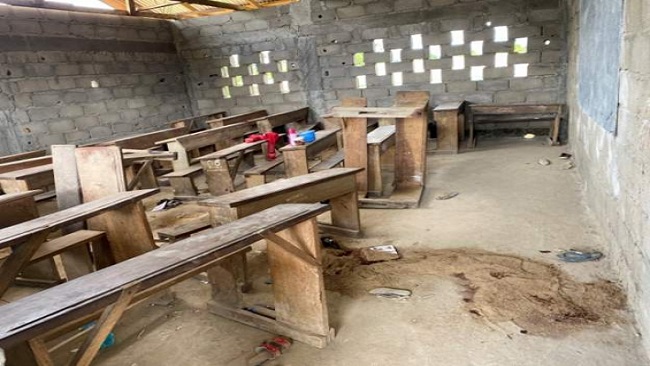
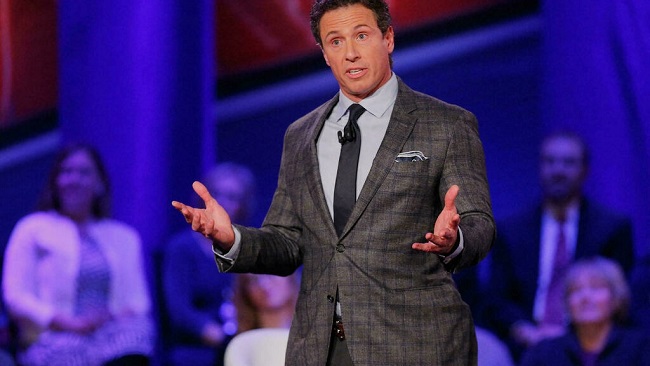
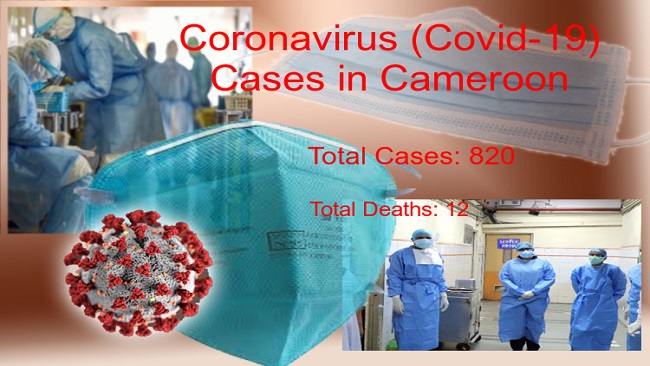
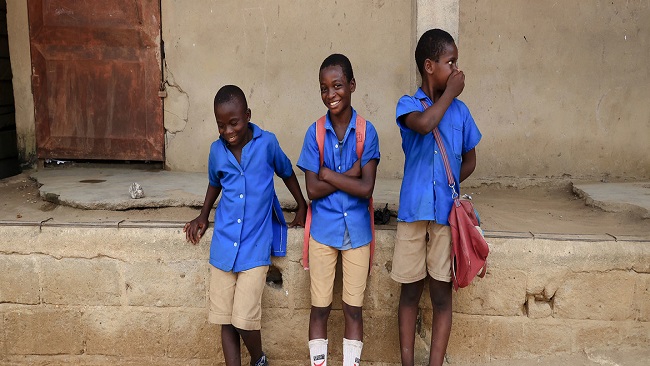
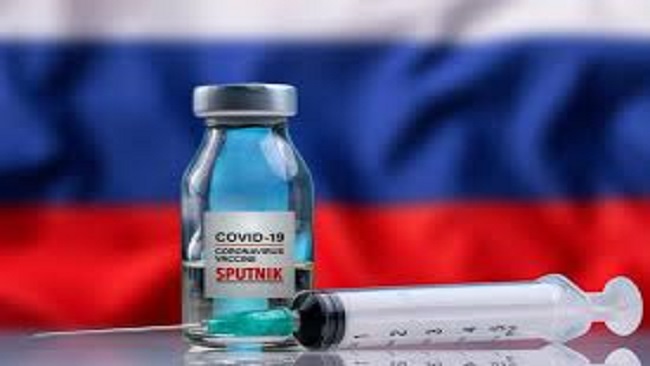
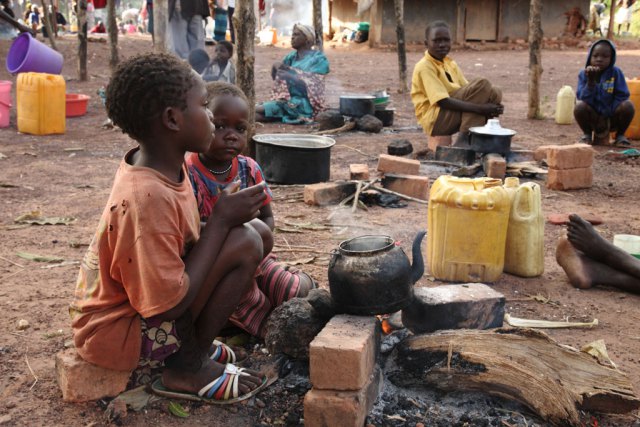


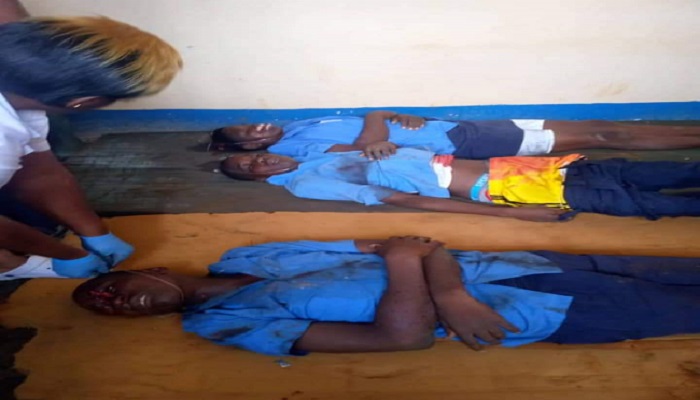

















10, December 2021
Richard Bona comes under attack from pro Biya militants after his civil war incitement video 0
Richard Bona, a Cameroonian-born musician living in the U.S., is strongly criticized on Facebook over a video posted about three days ago. In the video, he called for the launch of “another war front” and an invitation to “burn” a TV station deemed too close to the government.
Responses immediately poured in. “Bro, is it your country? Go talk about your country and leave us alone…,” “You are not a Cameroonian so shut up…,” “Don’t talk about Cameroon,” are examples of comments posted by users to express their disagreement over the musician’s post.
For Richard Bona, Cameroonian opposition leader Maurice Kamto is an “obedient guy.” “I told him. Things wouldn’t have gone that way if another guy was in his shoes. Another war front would have been launched. Anyway, Ambazonians understood this. There is no other way than war with those looters and thieves,” he said in the video criticizing the delays in the construction of some of the infrastructures that will host the AFCON2021.
The video was posted on Facebook by some members of the Cameroonian diaspora who are harming people and properties in Europe with complete impunity, all in the name of a so-called fight for the wellbeing of Cameroonians. Those individuals usually rally through social media, Facebook most of the time. Yet, on several occasions, Facebook expressed its will to fight hate speech or addresses likely to spark violence or social unrest in all the countries represented by user communities on its platform.
Its system seems rather focused on influential countries and groups that can subject it to major political pressures. In Cameroon, like in several African countries, Facebook and WhatsApp have become useful tools for millions of users who wish to boost their business. The social platforms have also become political and ideological battlegrounds for unruly individuals with plots against elected persons and authorities.
Last October, U.S.-based media the Wall Street Journal published a journal series based on documents sent to the U.S. Congress and the Securities and Exchange Commission (SEC) by Frances Haugen, a former civic integrity team and product manager for Facebook later turned whistleblower against the online social media firm.
Before the congress, she indicated that “Facebook repeatedly encountered conflicts between its profits and our safety” and “consistently resolved those conflicts in favor of its profits.”
Media that read the documents leaked by Frances Haugen also report that although the internal management is aware of misuse of the social platform, warning signs are not always taken into account.
“The result has been a system that amplifies division, extremism, and polarization – and undermines societies around the world. In some cases, this dangerous online talk has led to actual violence that harms and even kills people,” reads Frances Haugen’s statement before the U.S. Congress.
In Africa, public authorities are regularly abused, threatened and their family members mocked with sometimes degrading words that would not be tolerated in any so-called democratic country. There are not many things African countries can do. Indeed, they can’t summon Facebook’s boss like the U.S. Congress or the European parliament would do. Also, when an African country chose to restrict or ban access to social media to prevent such abuses, it is immediately accused of taking a regressive move or being a repressive dictatorship.
The musician Richard Bona usually criticizes authorities about mismanagement deeds. Those criticisms are often supported by the general public which is upset about the misdeeds. However, the hundreds of negative comments about his recent video prove that there is a boundary most Cameroonians don’t want to cross no matter their political opinions or divergences.
Source: ecofinagency